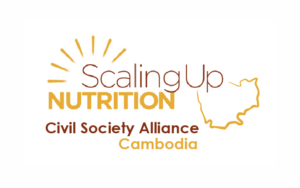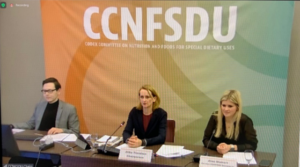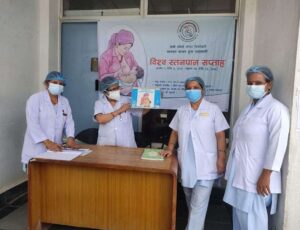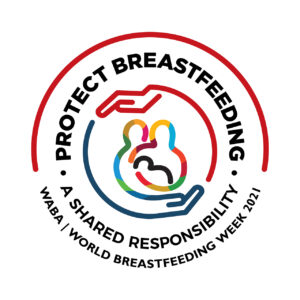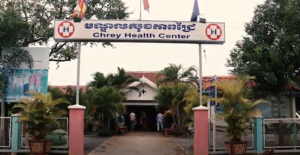Cambodia SUN Network Joint Statement on the Extension of Maternity Leave in Cambodia
April 7, 2023
Helen Keller Cambodia, along with the Scaling Up Nutrition (SUN) Donor Network, the SUN Civil Society Alliance, and the SUN United Nations Network released a joint statement on March 31, 2023 encouraging the Royal Government of Cambodia to extend paid maternity leave in the country from the current 13 weeks to 26 weeks (180 days)…
ViewCodex Committee on Nutrition and Foods for Special Dietary Uses (CCNFSDU) 2021: Pushing for Public Health Before Corporate Profit
February 2, 2022
The work on the revision of the Codex Standard for Follow-up Formula (CXS 156-1987) has been underway since 2012. It is a long, slow process with many working group discussions, circular letter submissions, conference room documents and differences of opinion and conflicts of interest (the breast-milk substitutes industry attends as part of many observer organisations…
ViewARCH partnership with Nepal’s Ministry of Health provides lactation management training to nurses in Kathmandu Valley hospitals
December 22, 2021
The Global Breastfeeding Collective published a compendium of case studies that provide current, real-world examples of how countries, programs, and initiatives have successfully improved access to skilled breastfeeding counselling. Each case study addresses one of the Collective’s calls to action and provides practical guidance and lessons learned to help others replicate their success. Since 2013,…
ViewWorld Breastfeeding Week 2021: Protecting Breastfeeding in Cambodia
September 3, 2021
As part of the Scaling Up Nutrition Civil Society Alliance (SUN CSA) Cambodia, Helen Keller International/ARCH, along with Alive & Thrive and World Vision International Cambodia, was pleased to celebrate World Breastfeeding Week under the theme ‘Protecting breastfeeding: A shared responsibility’ during the month of August. The COVID-19 pandemic has further emphasized the need to…
ViewHealth workers in Cambodia enforce Sub-Decree 133
May 20, 2021
Aggressive marketing of infant formula in health facilities discourages breastfeeding. The International Code of Marketing of Breast-milk Substitutes (the Code) prohibits any type of promotion of breast-milk substitutes (BMS) in health facilities. The Code calls on health workers to protect parents from predatory BMS industry marketing practices and has specific provisions for health workers on…
View
